Facebook Groups can be a great way to grow your business. But there are some things you need to do to prepare before you start your own Facebook Group.
Facebook groups have some advantages over Facebook Pages for a business but there are also some disadvantages.
Advantages of a Facebook Group over a Page:
- Groups are more visible in the News Feed than Pages.
- Groups promote more community discussion.
- Groups can be more “findable” than a Page to attract new members.
Disadvantages of a Facebook Group over a Page:
- Groups require more moderation than a Page.
- Groups are harder to advertise and promote on Facebook.
- Everyone comments are more visible to the group (good and bad).
- You have to participate as your Facebook personal profile – you cannot participate as a Page.
I discuss some of these points in my blog post Should I have a Facebook Page or a Facebook Group for my Business but I wanted to address some other questions that you should be asking yourself before you start a group.
Watch my video for more thoughts on Facebook Groups!
#1 What is the Purpose of the Facebook Group?
You need to make the purpose something more that just “sell my stuff”. People who join your group need to get some value out of being a member.
Write your purpose statement for the group before you start and see how it sounds. If you do decide to start the group, you can add the purpose statement into the Group Description.
#2 Who is the Target Audience for this Facebook Group?
What type of people do you want in the Group and how will you decide who can join? Groups can get a lot of join requests and you will have to be moderating those.
If you set up criteria for who can join, it may be challenging to figure out if someone fits that criteria due to the privacy settings on their personal profiles.
If you have set up a criteria (like the person must be a yoga instructor to join) then it’s best to add information about how you will check that criteria in the Description of the group. So you may require that someone have their Workplace in their profile to show they are a yoga instructor.
I recommend a Closed Group since Public Groups can lead to a lot of spam.
A new feature of Facebook Groups is the ability to set up a question that you can automatically ask when someone requests to Join.
You can add up to 3 questions if you want that you will see when someone requests to join. These could be screening questions or the answer to a “secret password” that you give out to people. That will make the join requests easier for you to manage.
#3 What will you post in the Facebook Group?
Decide what and how often will you post to get engagement in the group. Groups need content from the leader to keep a lively discussion going initially. Make sure you have the bandwidth to keep that content up.
You can get great feedback and do research with Polls in Facebook Groups. I recently did one in my Facebook Advertising Secrets group to find out how to make the course even better.
#4 How will you moderate the Facebook Group?
Facebook groups can require a lot of moderation. Since every post from the group is more visible to all the members of the group, you want to make sure it doesn’t turn into a self-promotion fest (unless that’s what your groups is all about).
You need to be in a group every day watching the comments and the posts. Set some guidelines since not everyone follows the “Unwritten Rules of Facebook Groups”
Watch for flagged activity by other members for sure but also scroll through the recent discussions each day to make sure everyone is abiding by the guidelines of the group.
#5 What does success look like for this Facebook Group?
This is the biggest question you need to answer! What is your key performance indicator for how the group is working for you as a marketing tool for your business? Make sure you know how to measure that as well.
Because there are no analytics with Facebook Groups, you will have to track many of these things yourself.
- Engagement – track how many new comments or new posts there are each week
- Group growth – this is easy to track and measure
- Link clicks to your website – for this stat you will have to use Google UTM links
- Sales – for this you may have to compare individual sales records to group members
- Customer retention – maybe this is a lower refund rate or more repeat buyers
Facebook groups can be an amazing tool for your business but they can also take a lot of time. So make sure you are getting value from the time you put into your group.
Hope that was helpful and let me know how you are using Facebook Groups in the comments below.

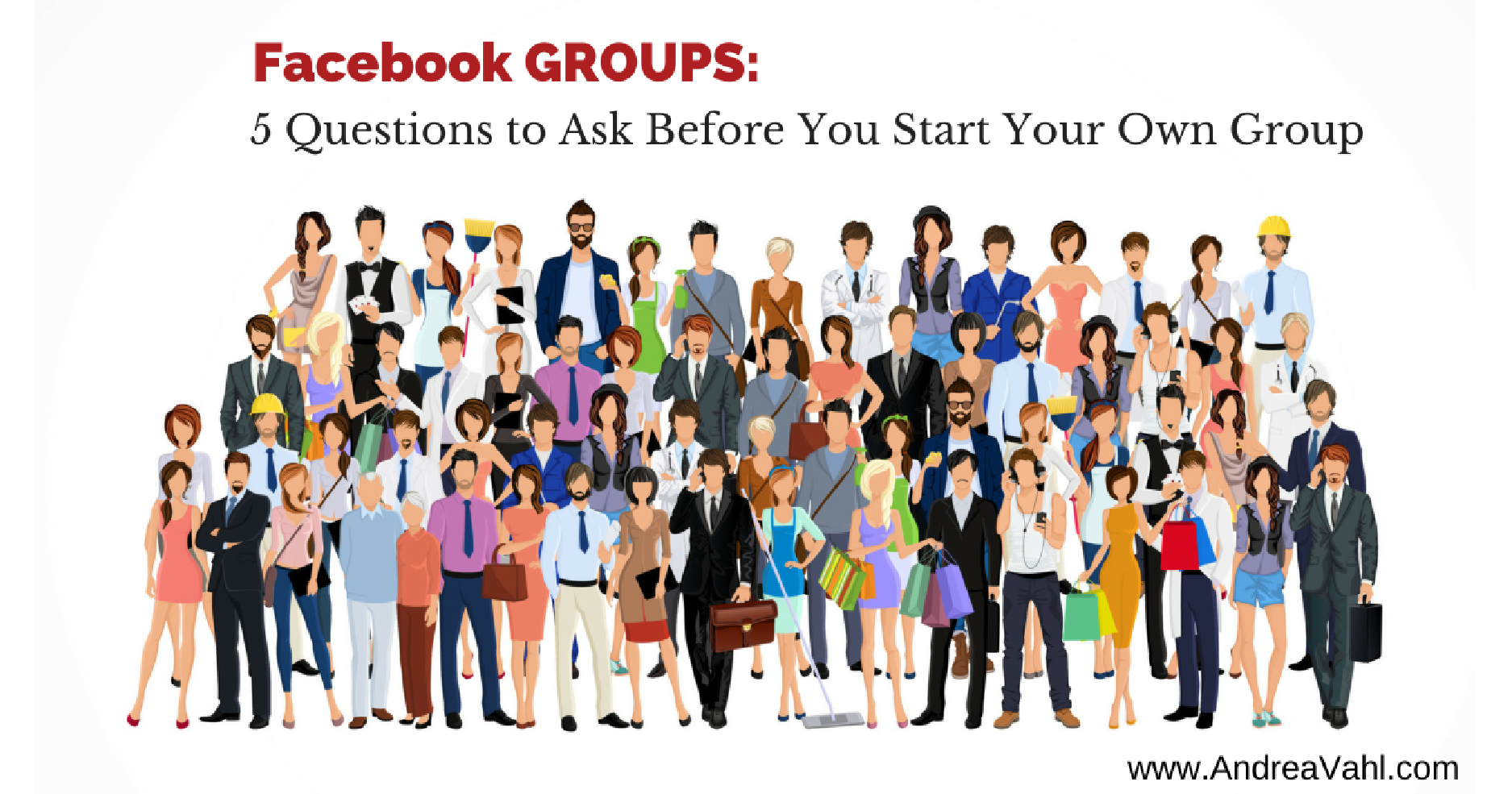
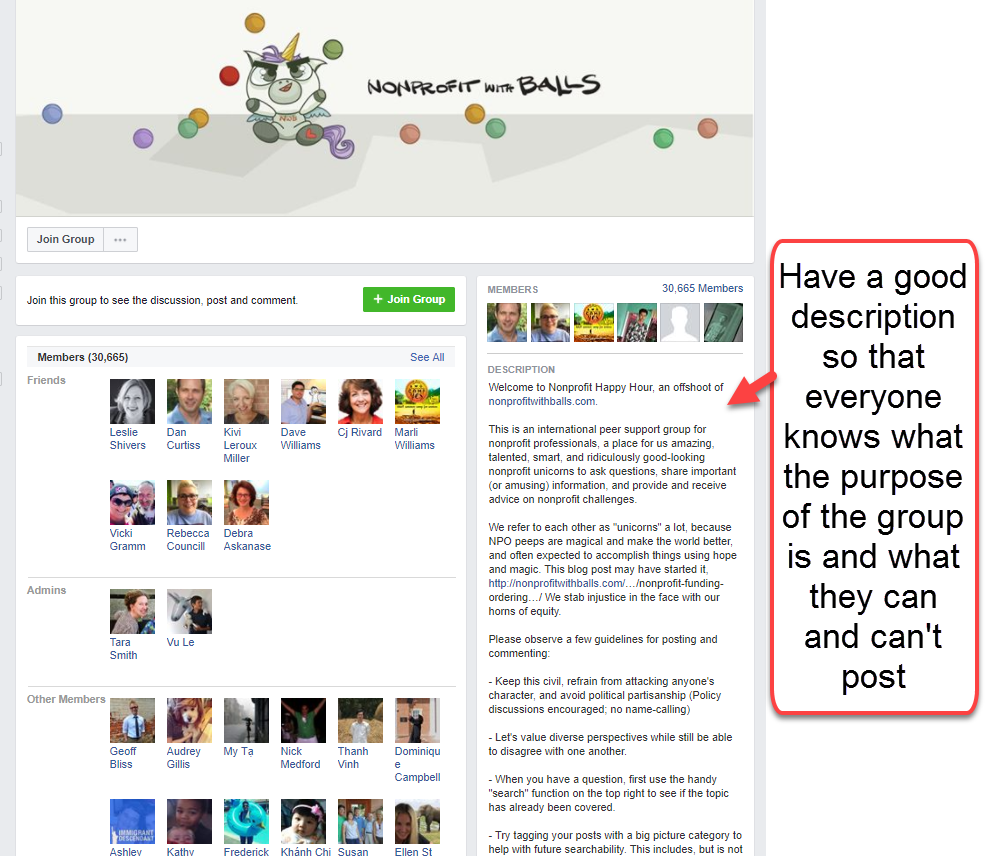
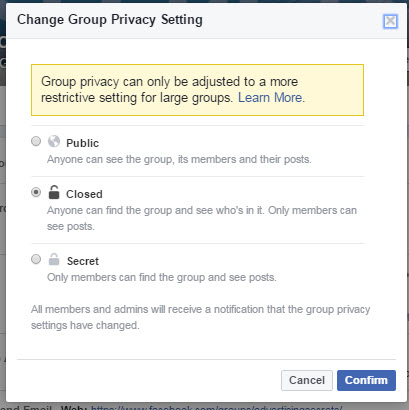
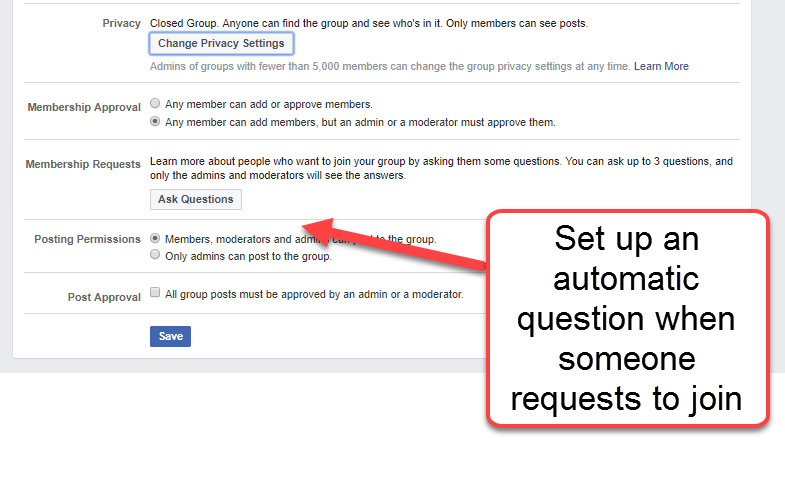
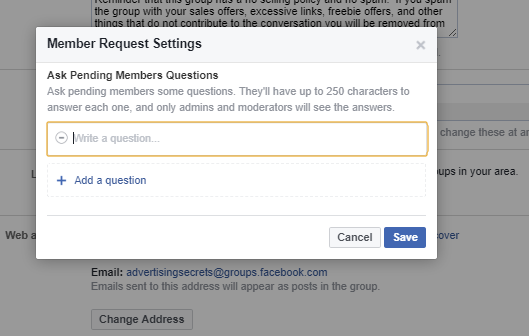
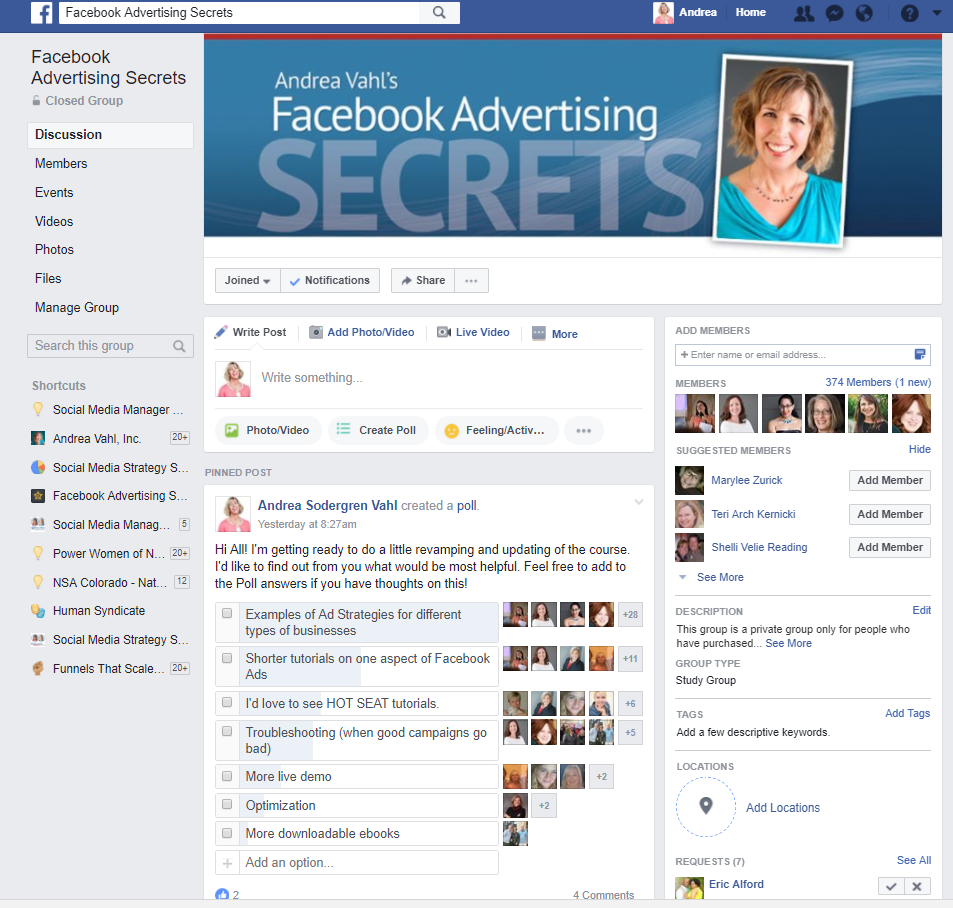
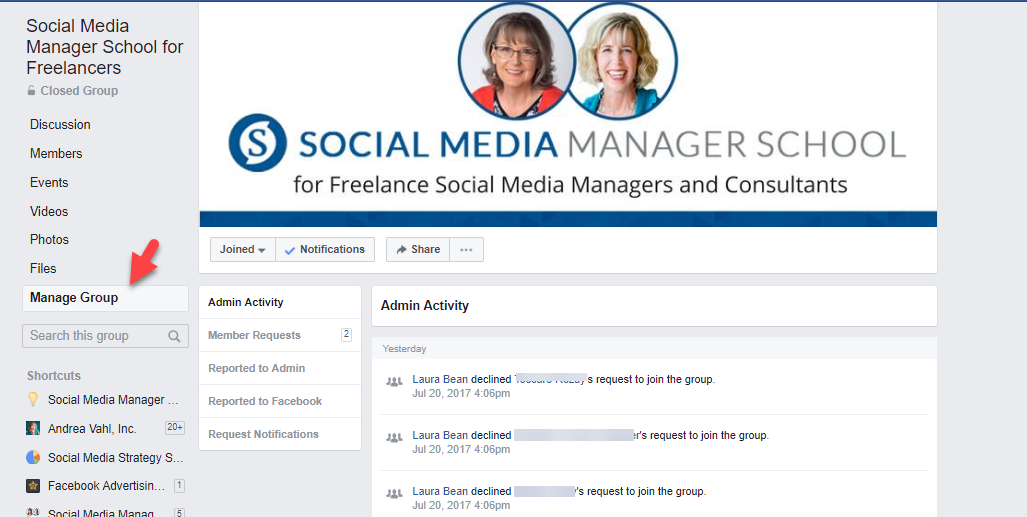
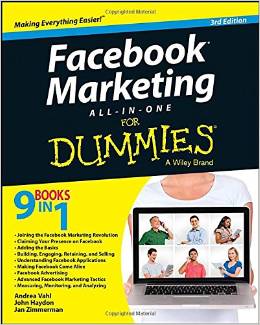
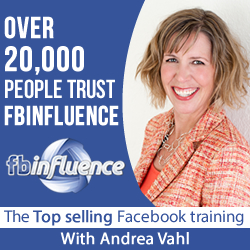

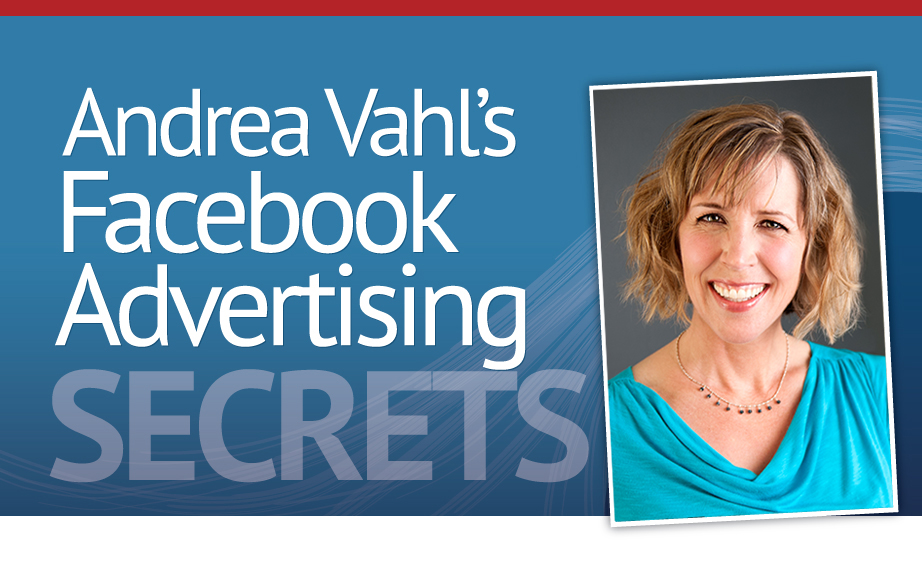
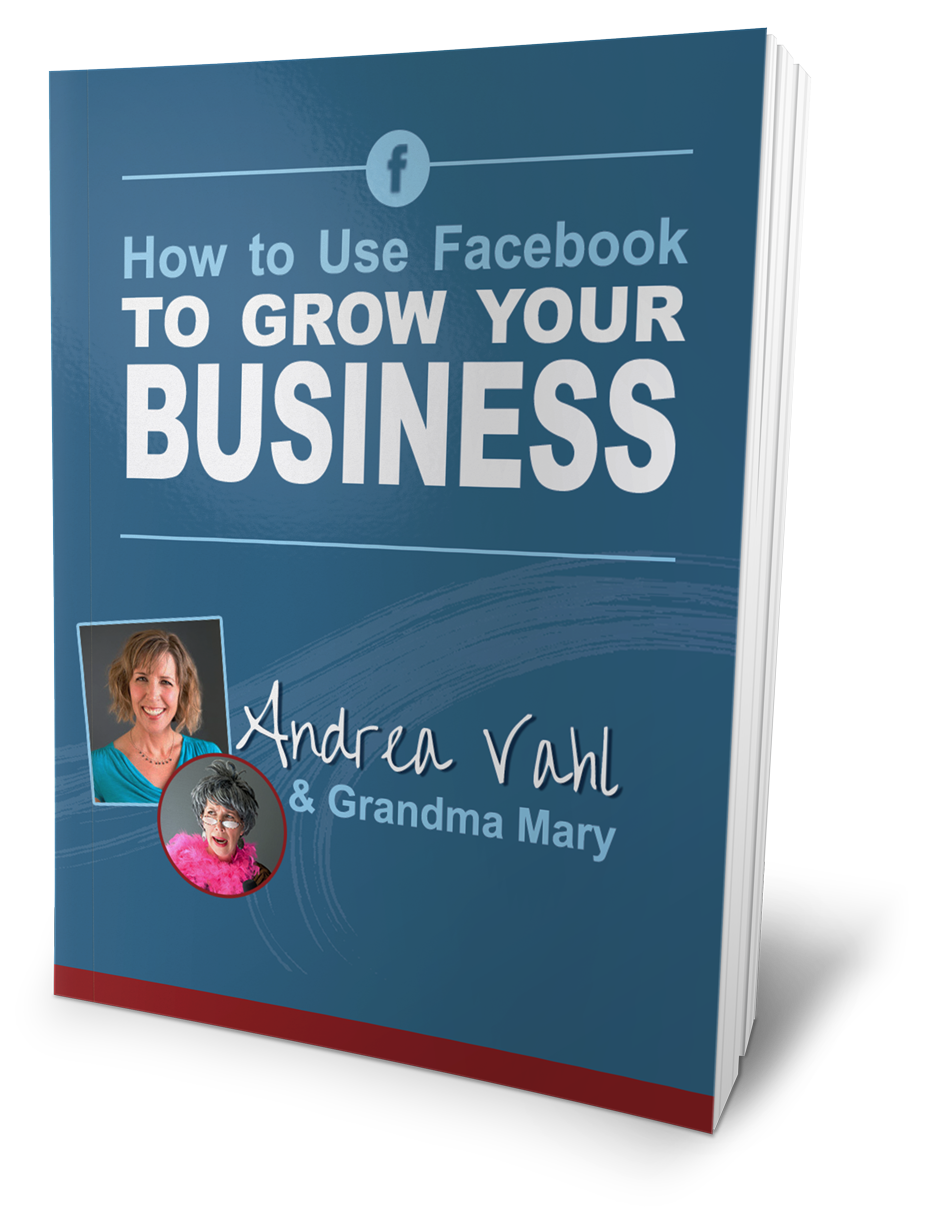




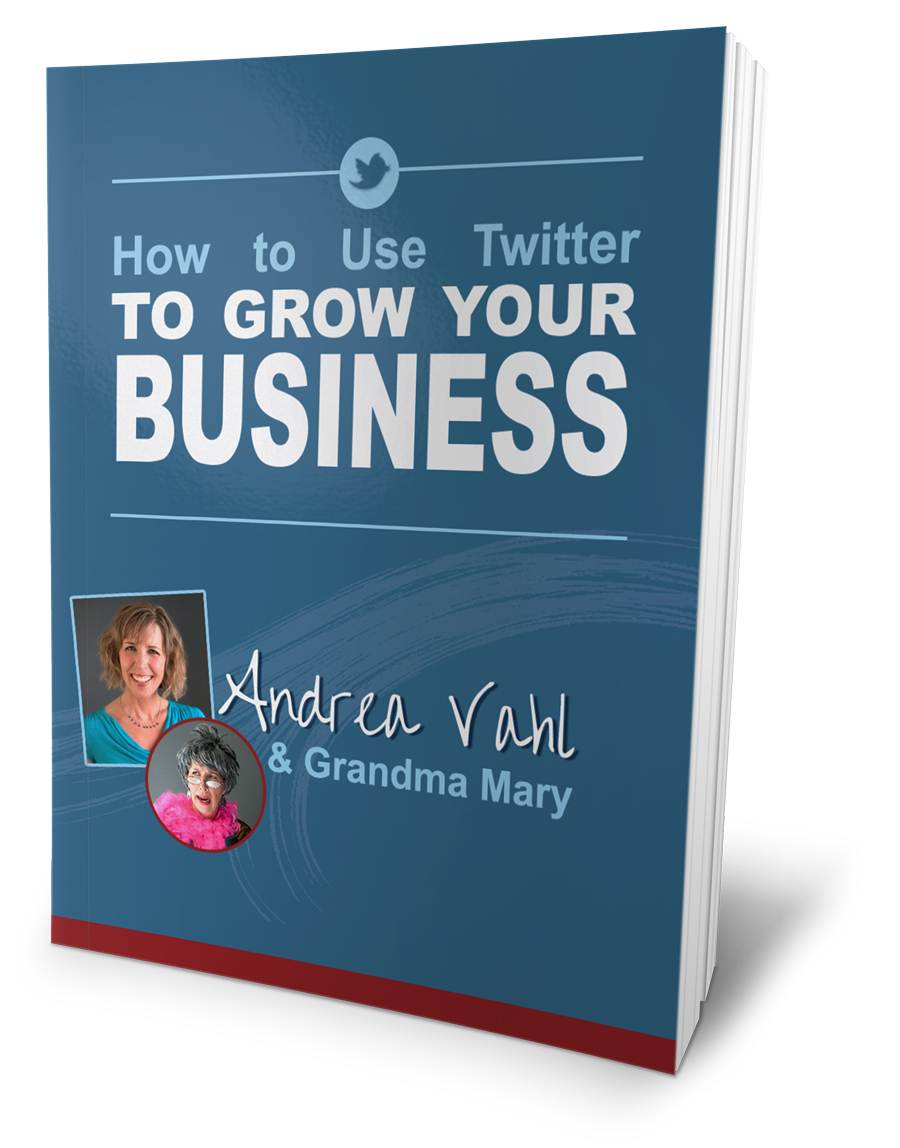
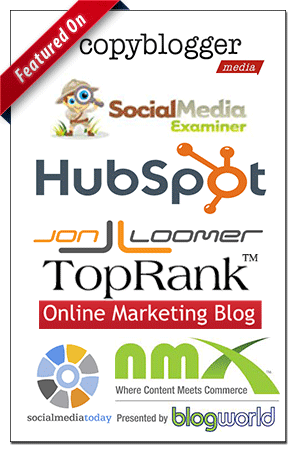











Seems to me that you have to put a lot of work into a group over a long time for it to work well. Otherwise it could easily go the way of so many others and just end up dead or full of spam!
Still, if you hang in there with it and it becomes big and active it can be hugely beneficial …
Maybe a good way to approach it if your new to FB is start a page, with a group attached. You can work away at each and put more effort into the one that gathers most momentum.